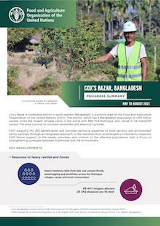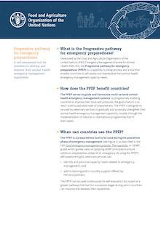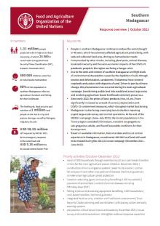Publications

Drought in the Horn of Africa: Rapid response and mitigation plan to avert a humanitarian catastrophe
01/2022
January–June 2022 The Horn of Africa is facing the third severe La Niña‑induced drought episode in a decade, and the region is on the verge of a catastrophe if humanitarian assistance is not urgently scaled up.
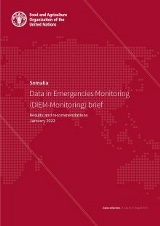
Somalia: Data in Emergencies Monitoring brief
01/2022
Results and recommendations, January 2022 This Data in Emergencies Monitoring (DIEM-Monitoring) brief shares the results of a field assessment conducted between 23 July and 17 August 2021 in Somalia.
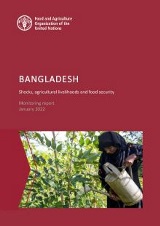
Bangladesh: Shocks, agricultural livelihoods and food security
01/2022
Monitoring report, January 2022 This report shares an analysis of the effects of natural and man-made shocks in the agri-food system of Bangladesh. It analyses the results of a field assessment conducted in April and May 2021.
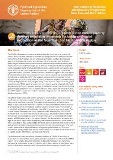
Economic inclusion and social protection to reduce poverty
12/2021
Poverty reduction, economic inclusion and social protection in the Near East and North Africa region
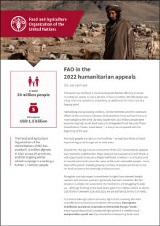
FAO in the 2022 humanitarian appeals
12/2021
Emergency livelihoods assistance responds to immediate hunger needs – ensuring nutritious food is produced right where it is needed most – and provides a path out of protracted and deepening food crises.
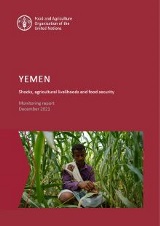
Yemen: Shocks, agricultural livelihoods and food security
11/2021
Monitoring report, December 2021 This report shares an analysis of the effects of natural and man-made shocks in Yemen’s agri-food system. It analyses the results of a field assessment conducted from November 2020 to February 2021 .
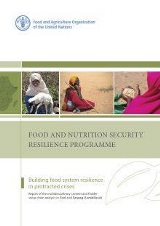
Food and Nutrition Security Resilience Programme: Report of the multidisciplinary context and fodder value chain analysis in Sool and Sanaag (Somaliland)
11/2021
The Food and Nutrition Security Resilience Programme (FNS-REPRO) is the first programme of the Food and Agriculture Organization of the United Nations (FAO) in Eastern Africa specifically designed to foster peace and food security at scale.
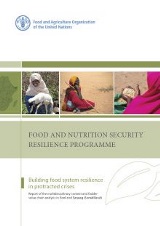
Food and Nutrition Security Resilience Programme
11/2021
Report of the multidisciplinary context and fodder value chain analysis in Sool and Sanaag (Somaliland) The Food and Nutrition Security Resilience Programme (FNS-REPRO) is the first programme of the Food and Agriculture Organization of the United Nations (FAO) in Eastern Africa specifically designed to foster peace and food security at scale.
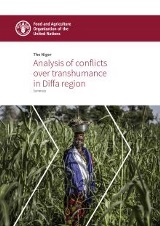
The Niger: Analysis of conflicts over transhumance in Diffa region
11/2021
Located in the eastern part of Niger, Diffa region is a vast semi-arid expanse, where the balance between agricultural and pastoral activities is being disrupted by new competition for natural resources and also by conflict between indigenous livestock farmers and transhumant pastoralists.
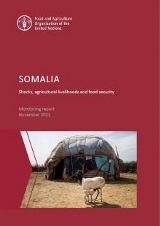
Somalia: Shocks, agricultural livelihoods and food security
11/2021
Monitoring report – November 2021 This report shares an analysis of the effects of natural and man-made shocks in Somalia’s the agri-food system. It analyses the results of a field assessment conducted in August 2021.
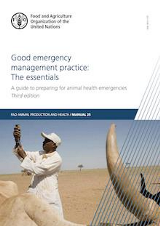
Good emergency management practice: The essentials
11/2021
Animal health emergencies are evolving, but they remain among the most challenging situations a country can confront. Infectious diseases and other threats have increasing potential to spread rapidly within a country or around the world due to growing populations, concentration of animal populations and market intensification, human and animal movement, and global trade.
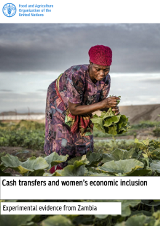
Cash transfers and women's economic inclusion
11/2021
This paper investigates whether an increase in exogenous income through the Child Grants model of the Social Cash Transfer programme in Zambia fosters economic inclusion among rural women.

Food and nutrition security resilience programme in Somaliland: Baseline report
11/2021
This report acts as a baseline for the Food and Nutrition Security Resilience Programme (FNS-REPRO) of the Food and Agriculture Organization of the United Nations (FAO), a four-year programme of USD 28 million funded by the Government of the Netherlands.
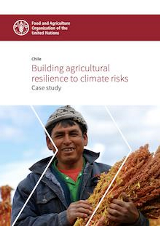
Chile: Building agricultural resilience to climate risks
10/2021
This case study describes the Republic of Chile’s approach to building agricultural resilience to natural hazard-induced disasters, particularly climate risks.
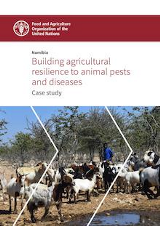
Namibia: Building agricultural resilience to animal pests and diseases
10/2021
This case study focuses on the Republic of Namibia’s ex ante approach to preventing, controlling, and managing animal pest and disease outbreaks, which are often exacerbated by climate-related disasters, such as floods and droughts.
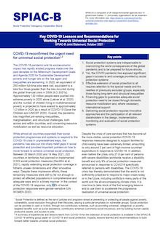
Key COVID-19 Lessons and Recommendations for Working Towards Universal Social Protection
10/2021
The paper contains a joint statement by the Social Protection Interagency Cooperation Board (SPIAC-B), a coordination mechanism comprising of a broad swath of intergovernmental and bilateral agencies engaged in social protection, drawing from the lessons drawn in the social protection response to the COVID-19 pandemic.
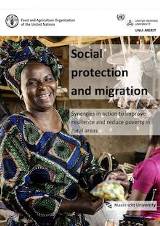
Social protection and migration
10/2021
This publication was developed by the Maastricht Graduate School of Governance (UNU-Merit) in partnership with FAO. The policy paper is conceived as a framing paper, which conceptualizes the relationship between social protection, migration, and rural development, and strengthens these synergies for FAO’s programming.

